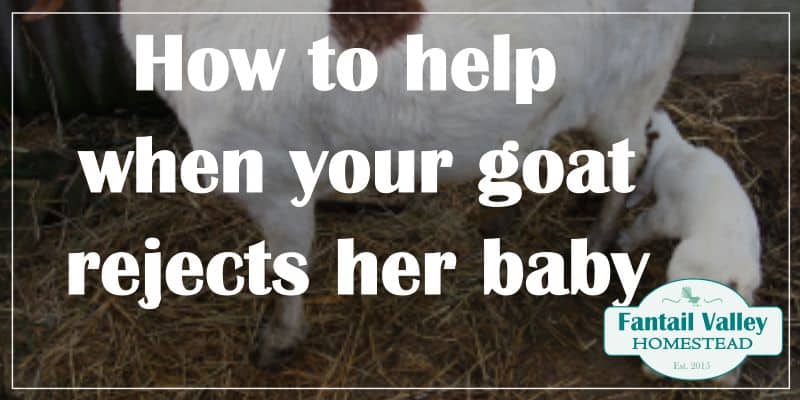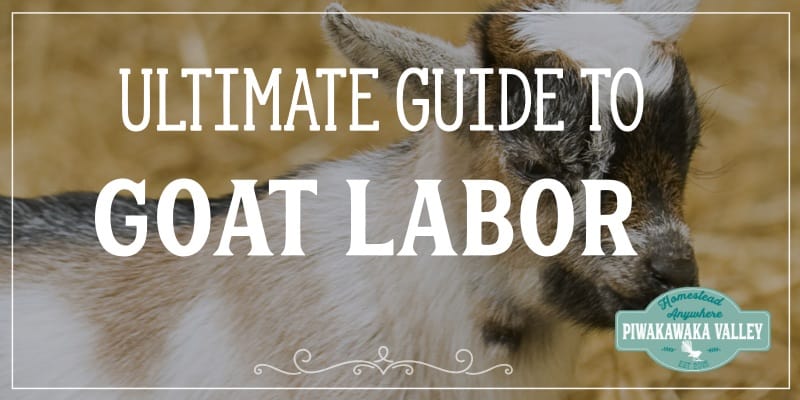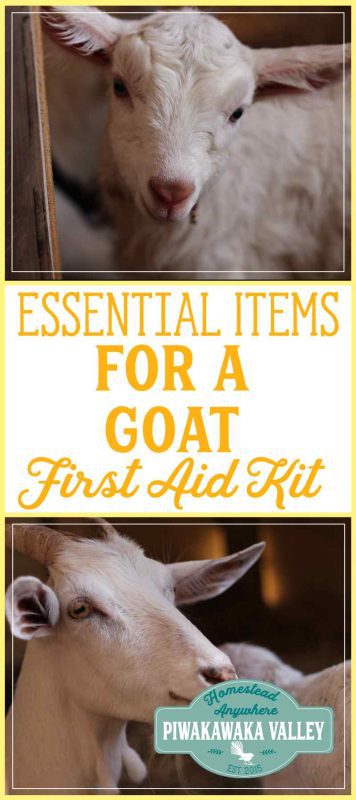This post was most recently updated on June 1st, 2021
Having a goat first aid kit set up in a cupboard ready to go reduces a lot of stress when you are dealing with a sick or injured animal as everything you need is there together. I suggest you assemble these things and create a kit and keep it somewhere handy. This isn’t just a goat first aid kit, you can use these things for most animal situations, and humans too.
Please read: This information is provided for educational purposes only and is not intended to treat, diagnose or prevent any disease. We encourage you to make your own health care decisions in partnership with a qualified health care professional.
This post contains affiliate links, this means at no extra cost to you, we make a commission from sales. Please read our Disclosure Statement
While I endorse the use of a vet when it is needed, there are something that either need attended to immediately, are simple to fix at home or just need sorted until slaughter time. There are sometimes times where there simply is no vet around to help.
If you have milking goats you should try this delicious creamy goats milk yogurt.
Disclaimer:
The advice and statements on this blog have not been evaluated by the Food & Drug Administration. I am not a doctor nor a vet – any information on this blog is not intended to diagnose, treat, cure, or prevent any disease. As always please run things past your health professional first.
RELATED: How to care for a goat
RELATED: Choosing a dairy breed
What You Need For A Goat First Aid Kit
If you really want to know how to use natural remedies in your everyday life – my friends at the Herbal Academy have a wonderful, affordable beginners course that you really should check out here.
Antiseptic Hand Soap or alcohol gel : For washing hands before and after procedures/handling sick animals. If you don’t have this a good scrub with soap and water and a dousing of disinfectant will suffice.
Baby bottom balm/skin salve: Get a plain, non-zinc based product. Use on scrapes and rashes to keep air and infection out and to keep the wound bed moist to aid healing.
Bandages: A selection of gauze, medical tape and crepe bandages. If you can get your hands on some vet bandages that are stretchy but stick to themselves is helpful, they stay on longer.
Castration Bander: To castrate your young bucks. Ideally this is done between 8-12 weeks to avoid ureter stone blockages.
Colloidal Silver: is a powerful, natural antibiotic. It is the most usable form of the most effective disease, germ, virus and fungal killers known. Colloidal Silver has been found to be both a remedy and a prevention for colds, flu, all infections and all fermentation due to any bacteria, fungus or virus, especially staph, and strep, which are often found in disease conditions. Also, it has been reported to rapidly subdue inflammation and promote faster healing.
Cotton Balls/ Cotton Swabs/Gauze: For wiping/cleaning wounds or eyes.
Cornstarch: For absorbing moisture – help cleaning poopy bottoms. To stop bleeding of the hooves when cut too close.
Dental floss or cotton: If for some reason the umbilical cord is still bleeding, you can tie it off about an inch from the abdomen.
Flea Comb: For obvious reasons.
Heat Pads: Useful to heat cold babies or adults who have been chilled or are in shock. Wrap in a towel before use. Can use a hot water bottle filled with hot not boiling water.
Honey: Is an antibacterial, antiviral and antifungal and can be applied topically to wounds to aid healing. It can be mixed with water to give weak animals some energy.
Hoof Shears: To keep your goat’s hooves trimmed and free of footrot.
Hydrogen Peroxide 3%: Can be used to initially wash down wounds and remove debris, might be helpful as a chemical debrider but not effective at reducing bacteria counts and when used daily can disturb the healing of the wound bed. (1)
Iodine: Can be used to wipe around wounds/abscess before treatment/lancing. Can be diluted and used to flush wounds that appear infected. Good to spray on footrot.
KY Jelly: For use with rectal thermometer or if you need to assist in birthing.
Liquid soap or soap flakes: To use as lubrication to assist in birthing.
Milk powder or frozen colostrum: For feeding weak or sick kids.
Neomycin Ophthalmic: To treat eye infections/conjunctivitis
Pro-biotic: Helps encourage good bacteria, especially after antibiotics or during hand feeding.
Pedialyte: To give dehydrated animals.
Rectal Thermometer: Digital is easiest.
Rubbing Alcohol: To sterilise scissors/tweezers etc.
Rubber Gloves: In case you don’t want that birthing muck on your hands.
Saline: Sterile medical saline can be given subcutaneously to treat dehydration. Clean but non-sterile saline can be made with one cup of boiled water and 0.5 tsp of table salt. This can be used to wash eyes and wounds.
Scalpel: To lance abscesses.
Scissors: To cut things – try and get ones with rounded tips
Soft Rope: To tie around a foot or head to assist in birthing.
Styptic Powder: to stop bleeding of the hooves when they are cut too short – Not to be used on the skin. Can use Cornstarch.
Superglue: To glue wounds closed instead of stitches. You may need to leave a small opening at the lower end of large injuries to allow the wound to drain, and you can flush saline through to keep it clean.
Syringe: To administer oral medication or food/water. Can be used to flush wounds under pressure to remove debris/slough.
Tea Tree Oil/melaleuca: A natural antifungal, antiviral, antibacterial – very strong, dilute before use. Add 1-2 drops to 1T honey and use a salve for wounds or fungal infections.
Towels: Old towels to dry wet goats or kids, wrap heat pads and help hold goats during treatment.
Tube Kit: For feeding weak kids straight into their stomach. See here for how to do this safely.
Tweezers: To help remove bot flies, maggots, debris.
Herbal Remedies You Can Grow for your Goats First Aid Kit
Herbal remedies are great to add to your goat’s diet to keep them healthy. They are also easy to grow or find in the wild. Keep them on hand in the garden, or dry them and add them to your rabbit first aid kit.
Birch
Blackberry
Blue Cohosh
Borage
Chamomile
Chickweed
Coltsfoot
Comfrey
Dandelion
Echinacea
Garlic
Goats Rue
Lavender
Lemon Balm
Licorice
Marjoram
Milk Thistle
Mint
Nettle
Parsley
Plantain
Raspberry
Rosemary
Sage
Shepherd Purse
Strawberry
Thyme
Willow
What do you have in your goat first aid kit? Let me know in the comments below!
For more information about natural goat care I recommend:
Please Pin for later and share with your friends!














